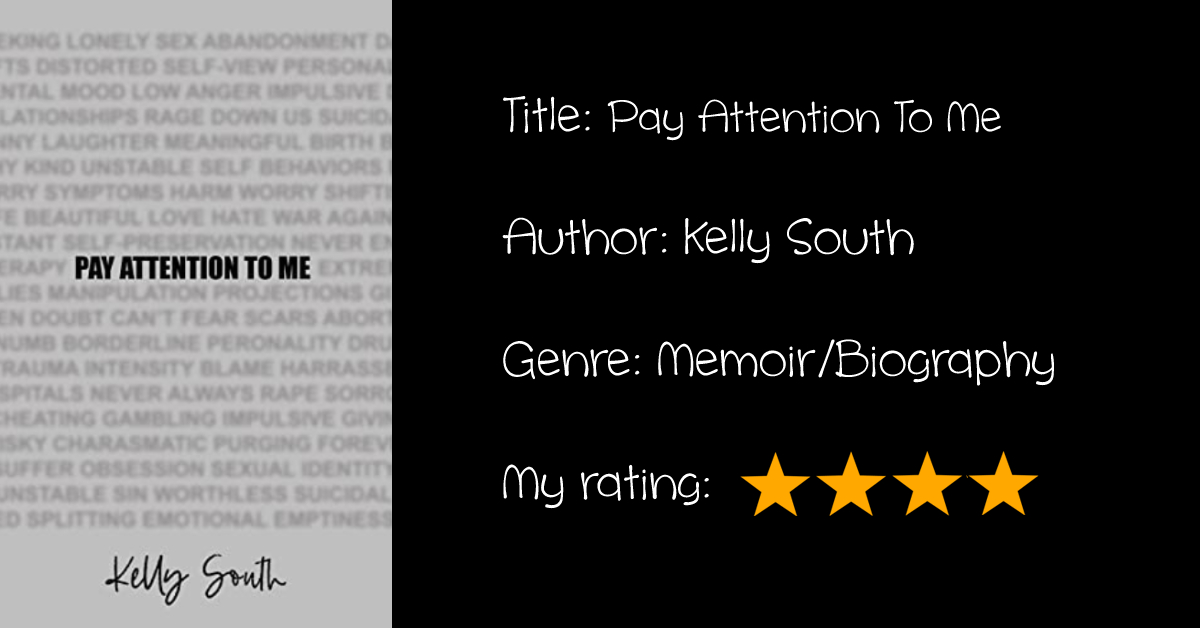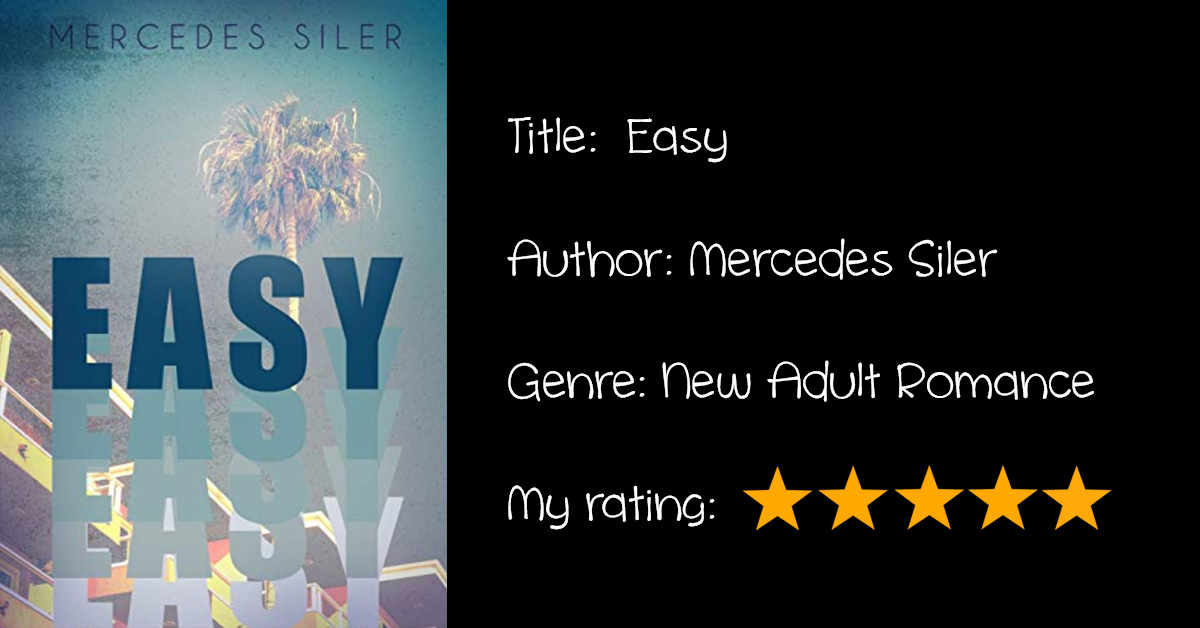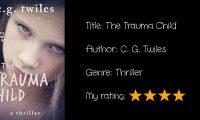Review: “Pay Attention To Me”
I chose this from an ARC program because I am interested in mental illness and the potential for therapy to improve it.
The Premise
A person with Borderline Personality Disorder reflects on her experience with therapy, giving others an insight into her mind as well as the outlook from her therapist’s viewpoint.
The Pros & Cons
It’s rare that we get to experience a person’s thoughts and feelings while they are suffering from mental illness, and this memoir aims to do just that. One side offers Kelly’s flow-of-consciousness while undergoing therapy; the other recounts the same session/timeframe from the therapist’s viewpoint, providing patient notes that offer some insight into Kelly’s state of mind.
Kelly begins from a skeptical view of therapy on the whole, having had bad experiences in the past. However, eventually she forms a close bond with her therapist, and is able to uncover the root of some of her issues, identifying the flaws in the relationship of her parents — her father, “a good man but a bad drunk,” and her mother, “kind and evil [who] always needs to be the hero.”
Their toxic relationship was one of abuse and infidelity, which left an imprint on Kelly as a young child. As an adult, her own relationships were unstable. She recounts the practice of being the perfect woman at the start of a relationship, before revealing her true self, and her desire for extramarital affairs to regain that perfection:
It’s a beautiful illusion. The perfect girl. It is tactical, spontaneous, and improvised. […] I just know that what I yearn for is the days that come with every new relationship. The honeymoon phase. I desperately seek a time before beauty turns broken.
One particular “broken” incident is recalled, whereby she and her husband have a physical altercation, and though she is the one who called the police, they take his side because she appears unstable:
Put catastrophic and calm in the same room and calm will win every time, and he did. Regardless of the scratches and red marks all over me, I was charged with aggravated assault and endangering the welfare of my minor children. […] The system sucks. Yes I did push him. He wanted crazy, so I gave him crazy.
This memoir is quite short and choppy, and I did see some potential to expand it to draw readers in even more, but despite its brevity we do get a fair amount of knowledge and understanding about what she endured. As the memoir covers over three years, we see Kelly’s evolution to healing — not a linear journey, but a rollercoaster of relapses and tiny achievements that struggle to find their equilibrium to salvage her mental health. Eventually she has a breakthrough, and continues to improve with time and marked changes in her life, until she is able to “graduate” from therapy and face life on her own.
Conclusion
Overall, this was a brief book and easy to read through quickly due to the layout with two viewpoints of the same session. The author’s voice carries the memoir along, grabbing the reader and guiding you through the volatile emotions in her mind, her family life, her memories, and her personal pain. It provides insight for many into what someone may be going through, and highlights the importance of not stigmatizing someone who may suffer from mental illness. The key takeaway is the therapist’s note that emphasized that labelling or diagnosing the patient is not the priority due to the stigma it can invite; instead:
The focus will be on the work and not the diagnosis for the time being.








